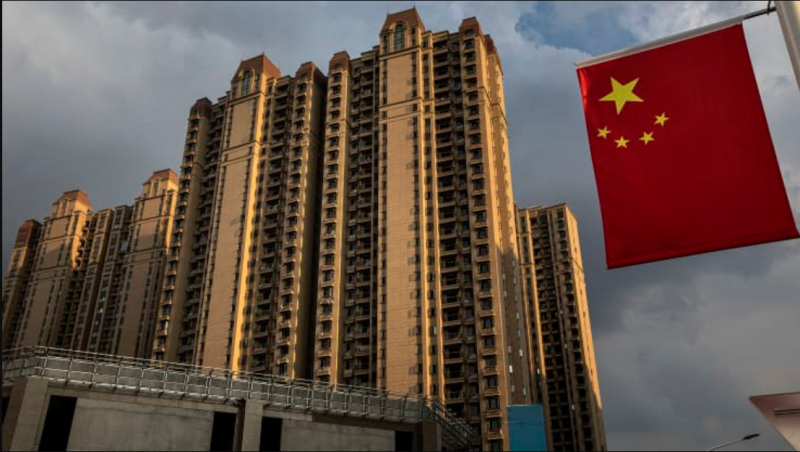
BEIJING: Intensifying geopolitical risk means Chinese assets will be volatile and only partially investable under the current administration, strategists said, adding that China's top leadership is on a rescue plan to end the housing slump. Engaged in political maneuvering to agree.
According to Lawrence Brainard, chief emerging market economist at London-based research firm TS Lombard, it is "wishful thinking" that expects Beijing to take some sort of action to reverse the housing sector's decline.
According to Morgan Stanley Investment Management, China's more assertive foreign policy has forced investors to take on more geopolitical risk, making some assets "only selectively investable".
In a report published on 22 August, Brainard said Beijing "does not yet have an agreed rescue plan and is playing for time by asking local governments to keep a lid on the crisis." The top leadership is currently unable to develop a new housing policy as they engage in political maneuvering ahead of the [Communist] Party Congress later this year.
As of August 23, the CSI 300 Index, which tracks the largest onshore companies, was down about 16%. The Hang Seng Mainland Property Index in Hong Kong has fallen 47% this year after falling 31% last year. Country Gardens and Longfour Group are among the top losers, whose stocks have fallen 30% to 60%.
China's "Three Red Lines" policy, implemented in August 2020, is aimed at mitigating systemic risk from overleveraged developers by excluding vulnerable debtors from the debt and bond markets and causing US$20 billion of loan defaults. Instead, it has created a liquidity crisis. According to economists, a fifth to a quarter of China's GDP comes from the real estate sector.
The "Chinese dream" focuses on home ownership, but according to Brainard, who was previously co-head of emerging-market lending at Goldman Sachs, "a scenario of continued decline in housing supply, the lack of a coherent housing policy discourages potential." Doing it. Domestic buyers."
Investors hoping for a change in China's "Three Red Lines" policy have faced little support outside of patchwork rate cuts and local government initiatives to revive abandoned projects to appease homebuyers.
According to Alex Wolf, Head of Investment Strategy for Asia at JP Morgan Private Bank, the central government needs to take concrete support measures. The bearish containment strategy is yet to be implemented, but the longer it takes, the greater the risks.
When President Xi Jinping takes office for the third time at the change-of-guard once every five years later this year, the end of the China Dream will present him with significant challenges.
According to Brainard, an ideologically motivated policy agenda appears to be "poor" to address the structural issues facing the economy. Bottom line: Prospects for the economy and markets need to turn sharply downward.
In addition, Jiteniya Kandhari, head of emerging markets macro and thematic research at Morgan Stanley Investment Management, claims that under Xi, China advocates a more assertive foreign policy and is determined to oppose the US-led system. The company oversees assets worth US$1.4 trillion.
He claimed that domestic flaws like stagnant economy, real estate debt and dwindling population complicate such ambitions. These issues will be difficult to mitigate in the medium term, which will make investors who were once bullish on China, wary of the country's future, he continued.
Because of Beijing's geopolitical difficulties, Kandhari said, "China will be unstable in the Xi Jinping era and only selectively investable."
Vietnam's impending coffee shortage could drive up prices globally
South Korean businesses in Hong Kong demand a "free and open" business environment
Autumn crops in China are in jeopardy due to an extraordinary heatwave and drought